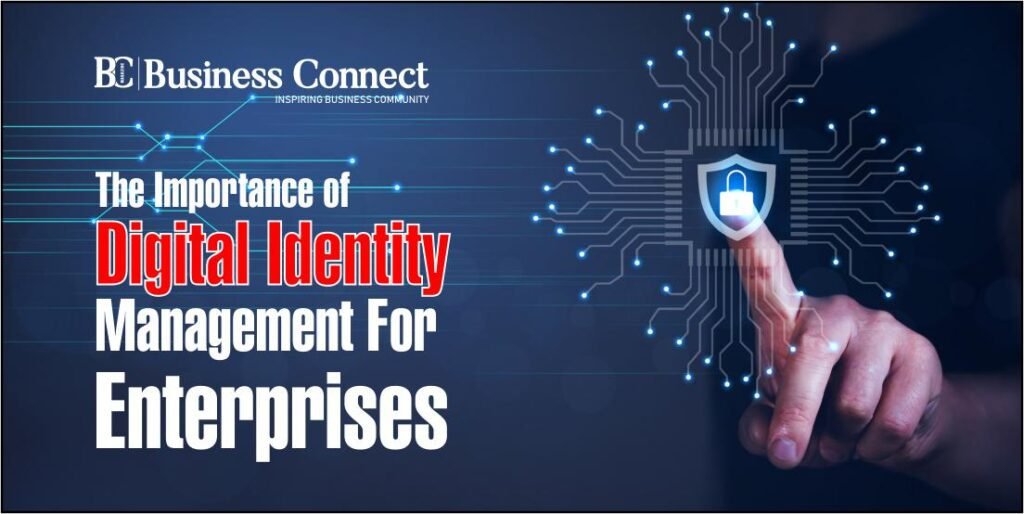The Importance Of Digital Identity Management For Enterprises
With remote working becoming a popular working model, enterprises should level up their data security measures, particularly in personal credential protection and user authentication. Organizations that implement reliable and robust authentication enjoy more efficiency. It is the reason why digital identity management has become highly crucial for enterprises for cybersecurity protection.
What Is Digital Identity Management?
Digital identity holds the information which makes it possible to identify a person through unique identifiers and user patterns. Therefore, companies provide their employees with digital identities. The employees can use their digital identity to access various data and resources of the company.
Digital identity management refers to the process and systems that manage credential authentication for accessing different applications and resources in a secure network. It holds layers of security protocols to protect digital identity and accessibility to sensitive data. A full-fledged digital identity management system ensures that the enterprise seamlessly manages the identity lifecycle of all its employees and devices. Let us now understand the benefits of using digital identity management for enterprises.
Improves Productivity
Digital identity management ensures that employees can access the required information whenever needed. Furthermore, the process for the same is secure and convenient. The convenience, subsequently, provides better collaboration and communication between the team members and, thus, boosts the employees’ productivity.
Seamless and Secure Connection
Many enterprises are undergoing digital transformation. Hence, they must create a seamless connection between applications, people and devices. But unfortunately, all these elements have security threats associated with them.
However, digital identity management ensures proper security administration to provide authentication and security. For instance, during remote work, if the employee confirms their IP address by checking it on What Is My IP, the office administration can use this credential to verify the user and provide the required access securely.
Improves Employee Experience
When an enterprise correctly uses digital identity management, it can streamline the employee user experience. For example, using this system, companies can collect necessary contracts and forms digitally. Again, it provides seamless access to the employees to ensure they have all the resources to complete a task.
Brand Integrity Protection
A responsible firm can earn a brand reputation by letting the world know that it protects the data and privacy of customers. Implementing data identity management reduces the risks of data leakage that can harm the brand reputation and, after that, destroy the trust of the customers and the investors. Also, the soft manual touch in the system again reduces the risk of such incidents.
Reduces Operational Cost
Enterprises can automate digital identity management systems to reduce the manual activities associated with them. The cost associated with it is also reduced with a reduction in manual work. For example, manual validation and registration of new customers in the business can be tiresome and involve manual labor. However, the same process can be highly advanced when the digital identity management system takes this role. It also reduces the chances of error. Thus, while reducing the cost, it also increases the operational efficiency of the business.
How To Implement a Digital Identity Management system?
Now that we know the importance of digital identity management, let us see how enterprises can implement it. The process of implementing the system should begin with the audit of the digital maturity in the company along with the landscape of the current verification process. Companies should consider the digital experience they want to provide or the data they want to collect before implementing it.
Secondly, it should research the right solution to meet the company’s requirements. For example, is the enterprise looking for a digital identity management system only for its employees or even third parties? Other important things to consider while choosing a solution include the learning, flexibility of access control and compliance requirements.
Rolling out digital technology without proper preparation is a big no. Therefore, in the third step, the leaders should work to develop a strategy to implement digital identity management. While making the strategy, the leaders should consider the deployment process and its impact on the employees.
Lastly, it is crucial to keep refining the solution to stay updated with all the latest cyber threats. A holistic digital identity management system and strategy unlock many benefits for stakeholders like the cybersecurity team, employees and consumers.



